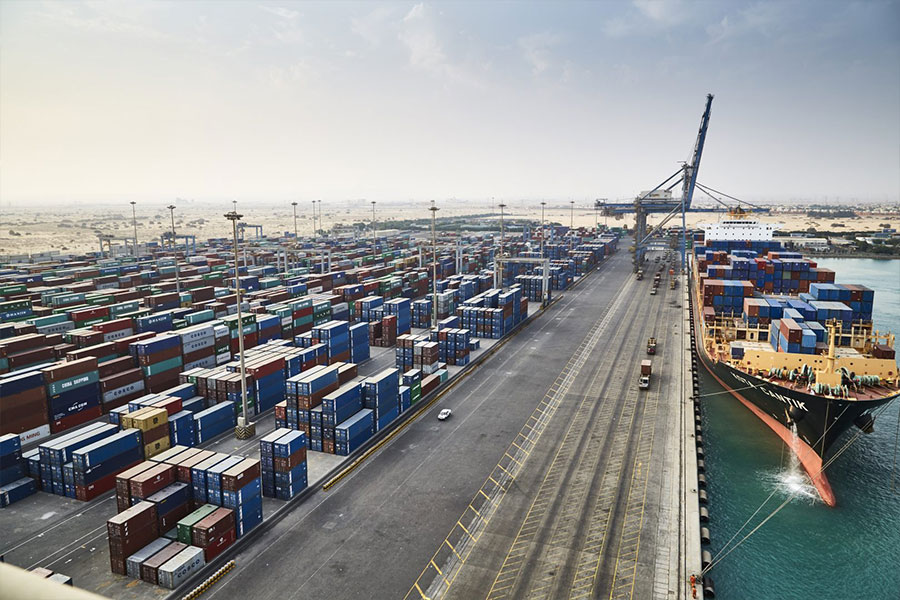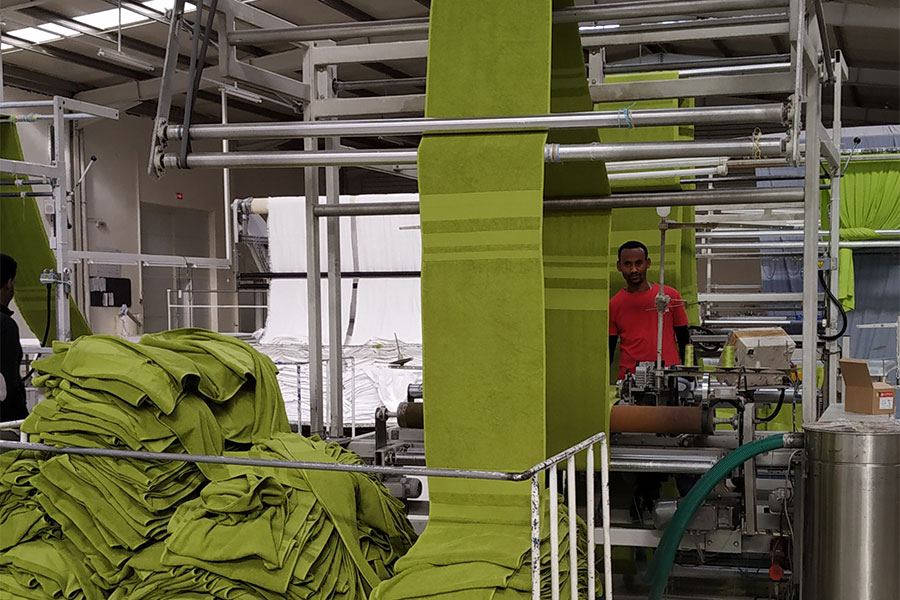
My Opinion | Aug 03,2024
The top five companies holding the highest portfolios of non-performing loans at the Development Bank of Ethiopia (DBE) are all Turkish owned. Together with one other Turkish company, six foreign companies owe the Development Bank an aggregate of 8.7 billion Br in non-performing loans.
BMET Energy, Telecom Industry & Trade Plc
These companies have failed to service their debts, and the Bank has repossessed the plants of three companies already, including the recently defaulted Ayka Addis. Turkish owners have abandoned six other companies. Desperate to survive, some of the remaining companies established with Turkish investment are braving the odds, by reaching outside their core competence to produce raw materials to keep their plants running.
Ayka Addis Textile & Investment Group
The current situation is a far cry from the jubilation and enthusiasm that greeted Turkish investors when they first started to come to the country a decade and a half ago. No less than 244 Turkish companies have entered Ethiopia's market since 2013, while currently 95 Turkish-owned companies, employing an aggregate of over 21,000 people, soldier on. The cause for the hardship has been pegged on the usual suspects - forex crunch, poor infrastructure, shortage of raw materials and a lack of a skilled labour force – the same challenges that face companies that operate in Ethiopia. But the authorities, as well as experts, say that the Turkish companies have a major shortcoming - mismanagement.
MNS Manufacturing Plc
"Most of the companies have management problems," said Abebe Abebayehu, chief of the Ethiopian Investment Commission (EIC). Due diligence and project evaluations, as well as feasibility studies, were not properly carried out by government agencies when these companies started investing here, according to Abebe.
Experts suggest that preparing more competent contracts, audits and prior vetting of the competence and qualifications of the management teams of investing companies will go a long way in avoiding these pitfalls and the dilemma investors face in Ethiopia.
You can read the full story here
PUBLISHED ON
Feb 16,2019 [ VOL
19 , NO
981]

My Opinion | Aug 03,2024

Commentaries | Sep 20,2025

Fortune News | Aug 21,2023

Agenda | Dec 04,2022

Life Matters | May 13,2023

My Opinion | Jan 04,2020

Viewpoints | Dec 30,2023

News Analysis | Jan 01,2022

Viewpoints | Feb 13,2021

Fortune News | Feb 16,2019

Dec 22 , 2024 . By TIZITA SHEWAFERAW
Charged with transforming colossal state-owned enterprises into modern and competitiv...

Aug 18 , 2024 . By AKSAH ITALO
Although predictable Yonas Zerihun's job in the ride-hailing service is not immune to...

Jul 28 , 2024 . By TIZITA SHEWAFERAW
Unhabitual, perhaps too many, Samuel Gebreyohannes, 38, used to occasionally enjoy a couple of beers at breakfast. However, he recently swit...

Jul 13 , 2024 . By AKSAH ITALO
Investors who rely on tractors, trucks, and field vehicles for commuting, transporting commodities, and f...

Nov 1 , 2025
The National Bank of Ethiopia (NBE) issued a statement two weeks ago that appeared to...

Oct 25 , 2025
The regulatory machinery is on overdrive. In only two years, no fewer than 35 new pro...

Oct 18 , 2025
The political establishment, notably the ruling party and its top brass, has become p...

Oct 11 , 2025
Ladislas Farago, a roving Associated Press (AP) correspondent, arrived in Ethiopia in...